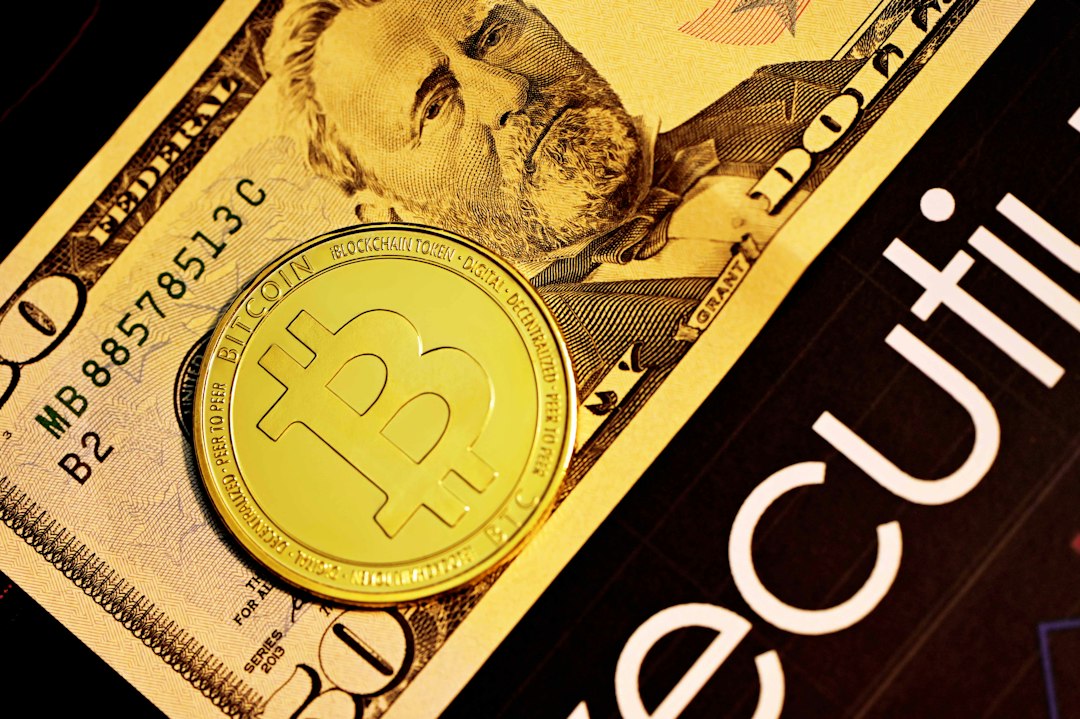Bitcoin Network Faces Congestion and Controversy Over Ordinals Inscriptions
The recent surge in Bitcoin’s price has led to increased network congestion and a heated debate over the use of NFT-like Ordinals inscriptions and BRC-20 tokens. Bitcoin Core developer Luke Dashjr criticized Ordinals inscriptions, which are digital assets inscribed on individual satoshis, for exploiting a vulnerability in Bitcoin Core and spamming the blockchain. Detractors argue that the popularity of inscriptions has driven up transaction fees and should be stopped.
Ordinals Inscriptions: A Use of Block Space or Spam?
Despite the controversy, some view Ordinals as a valuable use of block space. Luxor Technology founder Nick Hansen believes that Ordinals are critical for miners and supports their utilization. Over 46 million inscriptions have been made since January, including those tied to BRC-20 tokens. The market capitalization of the Ordinals BRC-20 token ORDI reached $1.3 billion on Wednesday, indicating its continued popularity.
Debate Over Misuse of the Bitcoin Network
Detractors argue that Ordinals and BRC-20 tokens are a misuse of the Bitcoin network. Dashjr has called for spam filtering to block these transactions, while suggesting that Bitcoin Knots, a modified version of Bitcoin Core, could help remove Ordinals from the network. However, supporters argue that Dashjr’s characterization of Ordinals as spam is subjective and that they provide value to the blockchain.
A Contention Between Financial Stability and Personal Opinion
Bitcoin miners and their supporters see Ordinals as beneficial to the financial stability of the network. They criticize Dashjr for arbitrarily labeling certain transactions as spam based on his personal preferences. Hansen emphasizes that what may not be valuable to one person can be meaningful to others, highlighting the need for a more inclusive perspective on the use of block space.
Hot Take: The Debate Continues as Bitcoin Network Grapples with Ordinals
The controversy surrounding Ordinals inscriptions on the Bitcoin network persists. While some argue that they exploit vulnerabilities and cause congestion, others view them as a valuable use of block space. As the popularity of Ordinals grows, the debate intensifies, with supporters advocating for their continuation and detractors calling for their blocking. Ultimately, the decision lies in striking a balance between financial stability and personal opinions on what constitutes spam. As Bitcoin developers work towards finding a resolution, the future of Ordinals remains uncertain.





 By
By
 By
By
 By
By

 By
By
 By
By